Solar energy, captured from the sun's abundant rays, is paving the way for a greener, more sustainable future in power generation. Beyond merely reducing our reliance on fossil fuels and decreasing energy expenses, it plays a pivotal role in supporting the infrastructure for EV charging stations. This synergy not only amplifies the environmental benefits by lowering greenhouse gas emissions but also promotes the adoption of electric vehicles by ensuring a cleaner, renewable source of energy for charging.
What is Solar Energy?
Imagine the Sun, that giant fiery ball in the sky, not just as the source of our daylight but as an immense power plant that's been functioning for billions of years. Solar energy is essentially harnessing this powerful sunlight, transforming it into electricity that can power our homes, businesses, and even vehicles. But how does this remarkable conversion happen?
Fundamentally, solar power employs photovoltaic cells (often called solar panels) to absorb sunlight. These cells are like the magic wafers that are being charged by the light and turn the light into electricity. When sunlight hits the cells, electrons flow through them, therefore an electric current is generated. The mechanism is very much clean, quiet, and, above all, renewable. This is a major difference from the noisy and sometimes polluted energy generation methods familiar to us, like burning fossil fuels.
The variability of solar energy is spectacular. It can be found at any size, from little handheld calculators and road signs to large solar power plants that feed tens of thousands of homes. Solar energy can be used for water heating and warming spaces in homes and business areas, indicating its diversified potential.
By using solar energy, we're not only harnessing an infinite source of power but also moving one major step ahead toward sustainable development. Through the process of sun-to-electricity transformation, we eliminate the need for fossil fuels, avoid emissions of greenhouse gases, and advocate for a green world. It is a win-win condition for us to save the environment while preserving a prosperous energy-rich future.
Solar energy forms the basis of the clean energy revolution. Its contribution to the journey of zero emissions with no carbon emissions is crucial. Although solar technology is still evolving and getting better each year, the hope of having fully renewable power is not far-fetched.
Advantages of Solar Energy
1. Renewable Energy SourceThe most enticing thing about solar energy is its inexhaustible renewable energy source. It's powered by the sun, meaning as long as it keeps shining, we won't run out of this energy. This is important, especially in our worldwide struggle to curb depleting finite resources like fossil fuels which not only deplete but also damage the planet.
2. Reduces Electricity BillsOne of the most immediate benefits of solar energy is the significant reduction in electricity bills. By generating your electricity, you'll rely less on the grid, and this translates to lower monthly costs. The savings can be substantial over time, making solar installations a wise investment for the long haul.
3. Solar Panels Increase Home ValueInvesting in solar energy isn't just about saving on bills or being kind to the environment; it's also a smart financial decision for homeowners. Properties equipped with solar panel systems often see a noticeable increase in their market value. Buyers will pay more for homes that lower utility bills and are environment friendly, making solar energy an investment you won't regret.
3. Multiple UsesBeing highly multi-functional is another of solar energy's main advantages. It can be used for power production in remote or unconnected regions where both electricity and clean water are scant resources, and generate the necessary electricity for satellites in space. In addition to solar energy, it can be incorporated into building products with the recent technological advancement in solar photovoltaics that allows for the generation of electricity from windows or the facade.
4. Low Maintenance CostsRenewable energy systems usually need less routine maintenance than conventional ones. Generally, the only things you need to do is clean your solar panels and make sure they are not shadowed by trees with lots of leaves. To add to that, well-known solar panel producers secure their consumers with warranties for 20 to 25 years which provide credibility concerning performance and maintenance problems. The majority of the time a person usually can go back to the professional every few years and everything will be working well.
How To Use Solar Energy To Reduce The Cost Of Charging Piles
As mentioned above, solar panels can convert the sunlight shining on the electric panels into direct current. After that, the supplier needs to use an inverter that converts the DC into AC. Finally, this AC can be used to charge the EV.
Usually speaking, types of chargers, and different charging times. Such as, it only takes 4-5 hours to charge an electric car by an AC charging station, and about half an hour by a DC charging station.
Whatever, this is just a simple popularization. I have detailed information about electric car charging time in another article: How long does it take to charge an electric car? Click here if interested.

1. Direct Solar-to-Charger Integration
The most direct technique to harness solar energy for EV charging is connecting solar panel arrays to charging stations. This configuration therefore permits energy from the sun to be directly converted into electricity to be used immediately by the charging pile. When a solar power system is well-designed, it can result in a drastic reduction of our reliance on the grid, particularly during peak daylight hours. It can result in cost savings on utility bills. Autel MAXICharger, supports solar charging and can seamlessly integrate solar energy into the charging infrastructure.
2. Battery Storage SystemsThe setting up of battery storage systems in the solar charging infrastructure is an essential factor in preventing the intermittent nature of solar power. These batteries store the solar energy generated during the day to make it available at night or when the sky is shaded. This method provides stable and ongoing power to the chargers, ensures that the solar energy is well used, and contributes to further independence from the grid.
3. Net Metering and Feed-in-TariffPlaces with policies of net metering or feed-in tariffs specifically allow owners of solar-powered EV charging stations to be financially rewarded with additional money from feeding leftover solar electricity to the grid. This dual benefit, financial return, and system overall efficiency boost ensure that deploying solar panels for EV charging infrastructure becomes a lucrative business venture.
4.Smart Charging SolutionsThe smart charging technology that has been merged with solar powering stations leads to cost and efficiency reduction at the additional level. Smart EV chargers can now dynamically change the charging rate following the availability of solar energy, the grid's electricity prices, and the EV's demands for power. Such an adaptive approach will enable EV charging to occur during hours when solar power production is higher or the cost of electricity is the lowest, consequently contributing to optimized use of energy and savings.

FAQS
Q: How Long Do Solar Panels Last?F:Solar panels are built for life, and most panels can easily be expected to retain their original efficiency levels from 25 to 30 years. It is also very normal that panels keep working beyond the efficiency drop-off point, though with a bit lower performance. Among others, the quality of the solar panel, the environment where it’s installed, and how well it’s maintained are also factors that contribute to the lifespan of the solar panel. A significant indicator of a manufacturer's confidence in the durability of their systems is warranties. Most usually cover performance over 20-25 years.
Q: Do Solar Panels Work in The Rain?F: Yes, solar panels do operate in the rain, of course; but only less effectively in comparison to sunny days. On the other hand, rain also can help keep your panels effective which can be achieved by washing away things like dust, dirt, or leaves that can obstruct the light. While solar panels usually generate little energy on days with clouds or rain, they can still convert sunlight into energy when available. The key is the quality of light, not necessarily the presence of direct sunlight. Photovoltaic cells can use diffuse light, so your panels will generate power even on overcast days.
Q: What Are The Disadvantages of Solar Energy?F: While solar energy has numerous benefits, it's important to acknowledge some of its disadvantages to provide a balanced perspective:
Initial Cost: The initial investment for purchasing and installing the panels can be relatively high, including the panels themselves, inverters, batteries if a battery storage system is being used, wiring, and installation. Although, tax credits, rebates, and pricing drops are slowly helping to make solar power more affordable.
Weather Dependent: Although solar panels can convert sunlight into electricity even during gloomy and rainy days, the overall efficiency of these panels drops down dramatically under these circumstances. Such regions may encounter severely reduced solar energy generation, affecting the system efficiency as a whole.
Space Requirements: The space demand for solar installations would rise particularly for the larger electricity output. This can be a challenging problem, especially for people with small rooftops or limited space due to the land area.
Energy Storage Costs: In those systems that have batteries for storing excess energy produced during day and nighttime use, the cost of batteries and their maintenance can be an additional factor in the overall capital cost of the system.

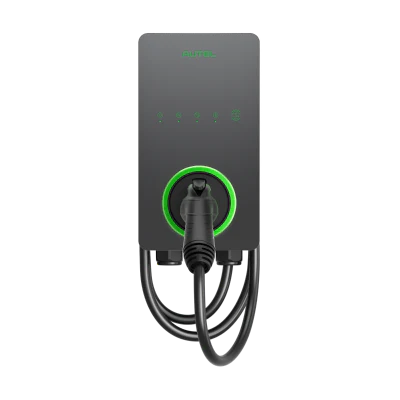
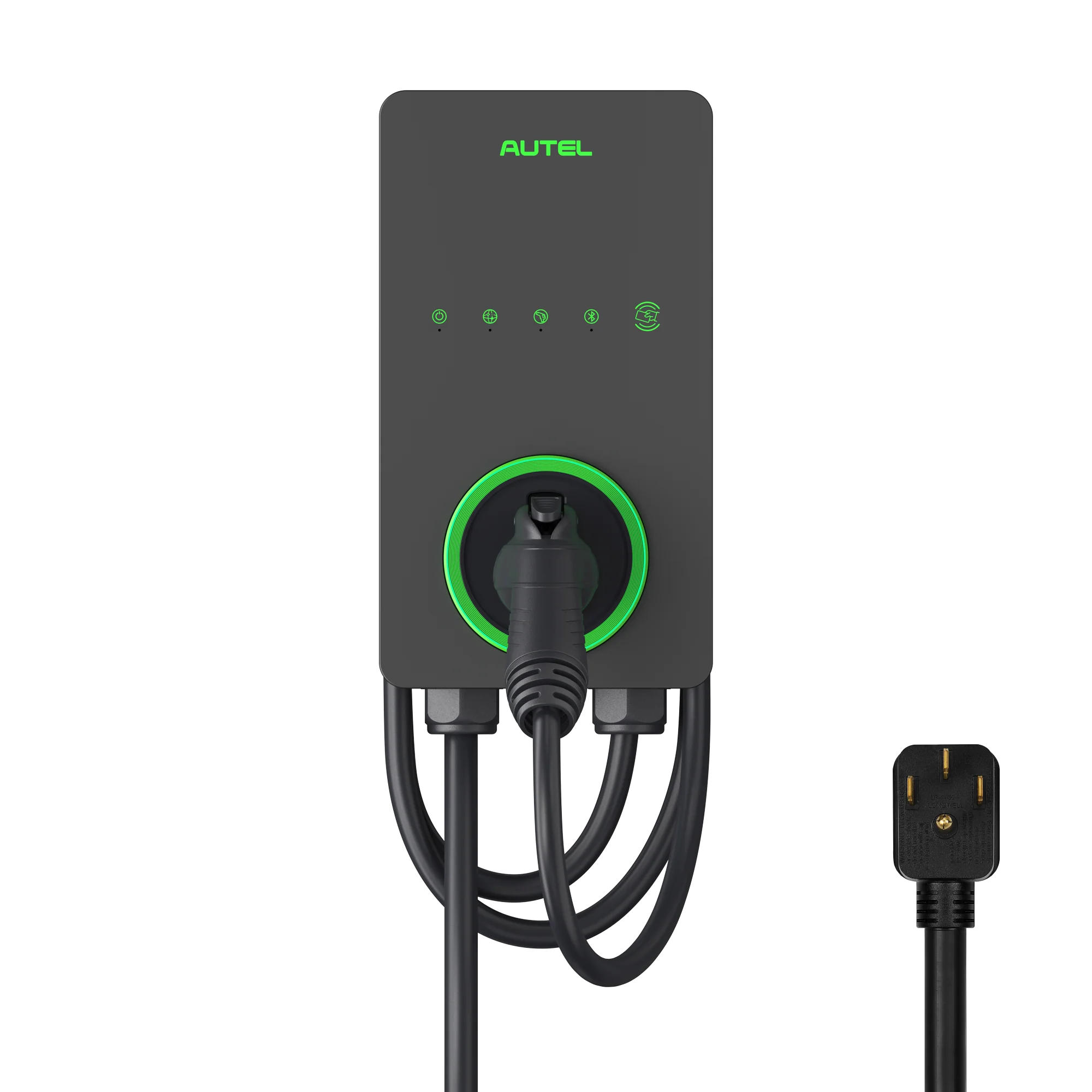
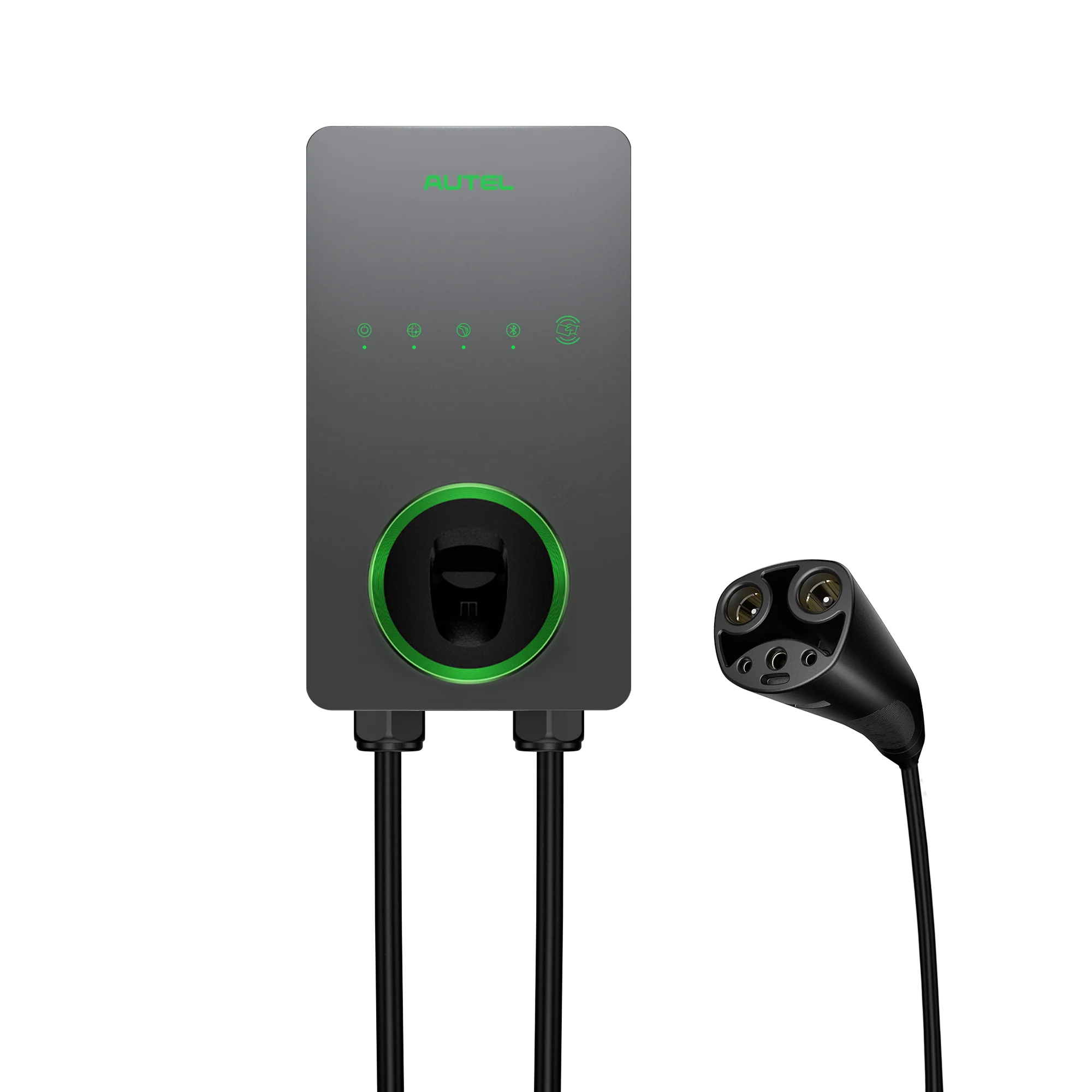
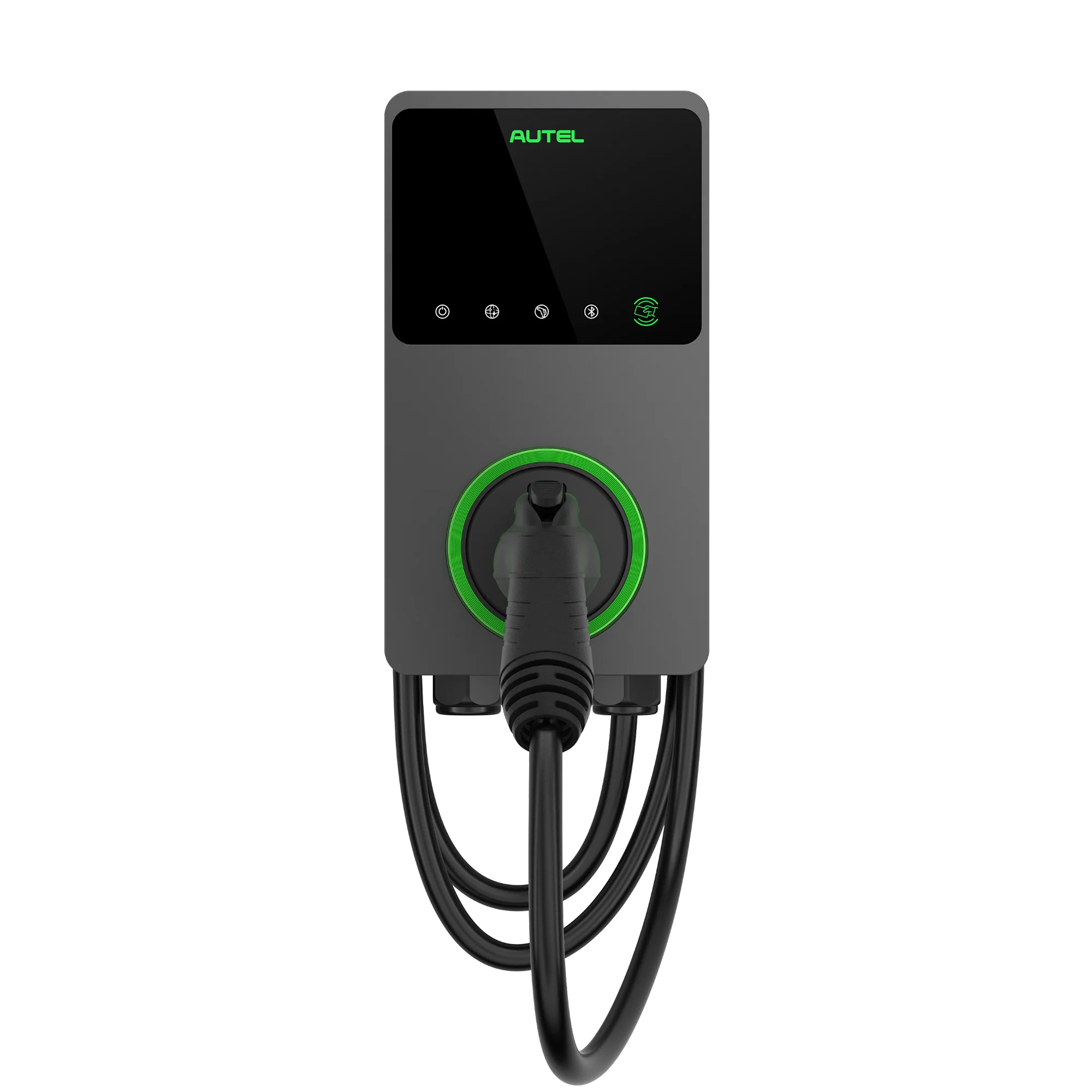
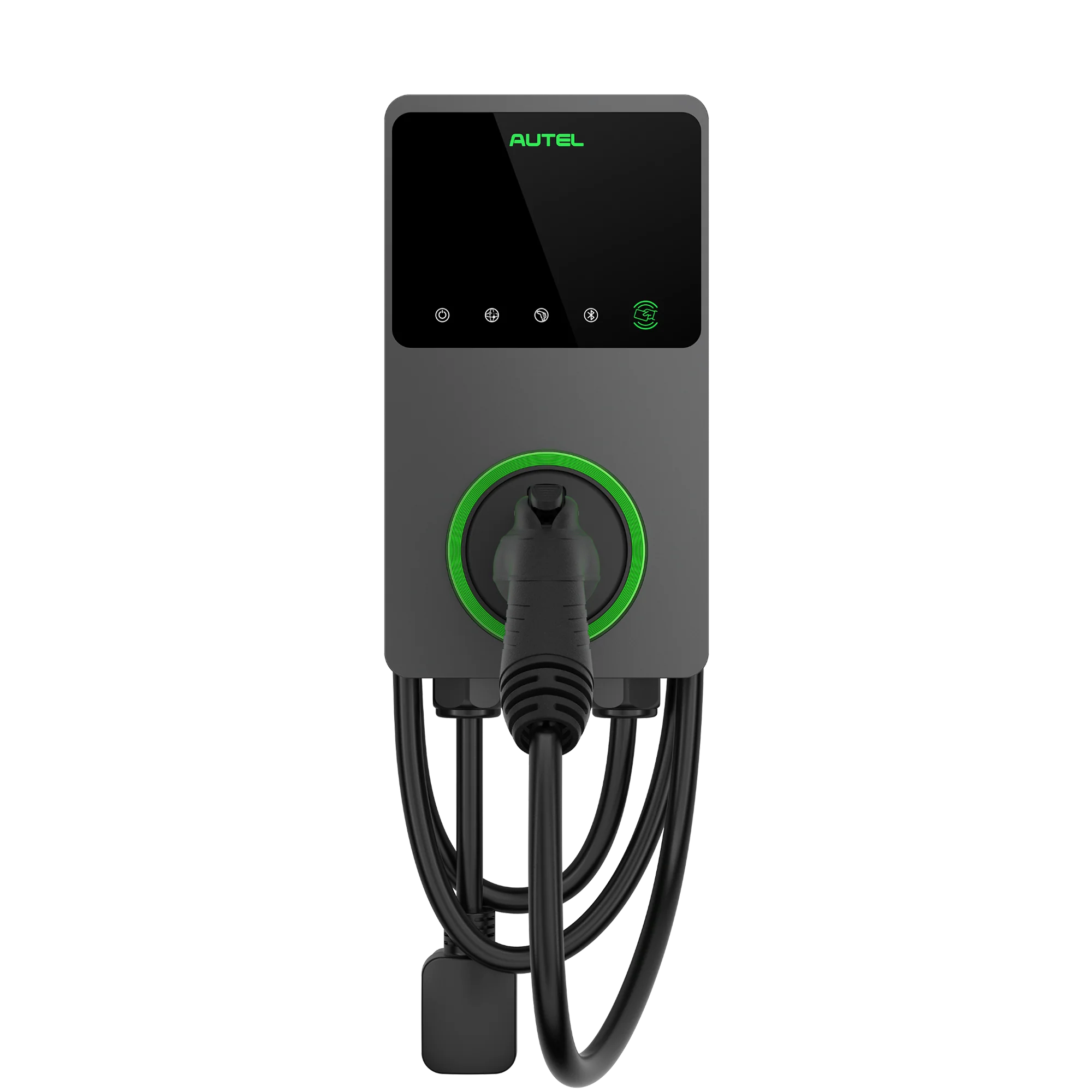

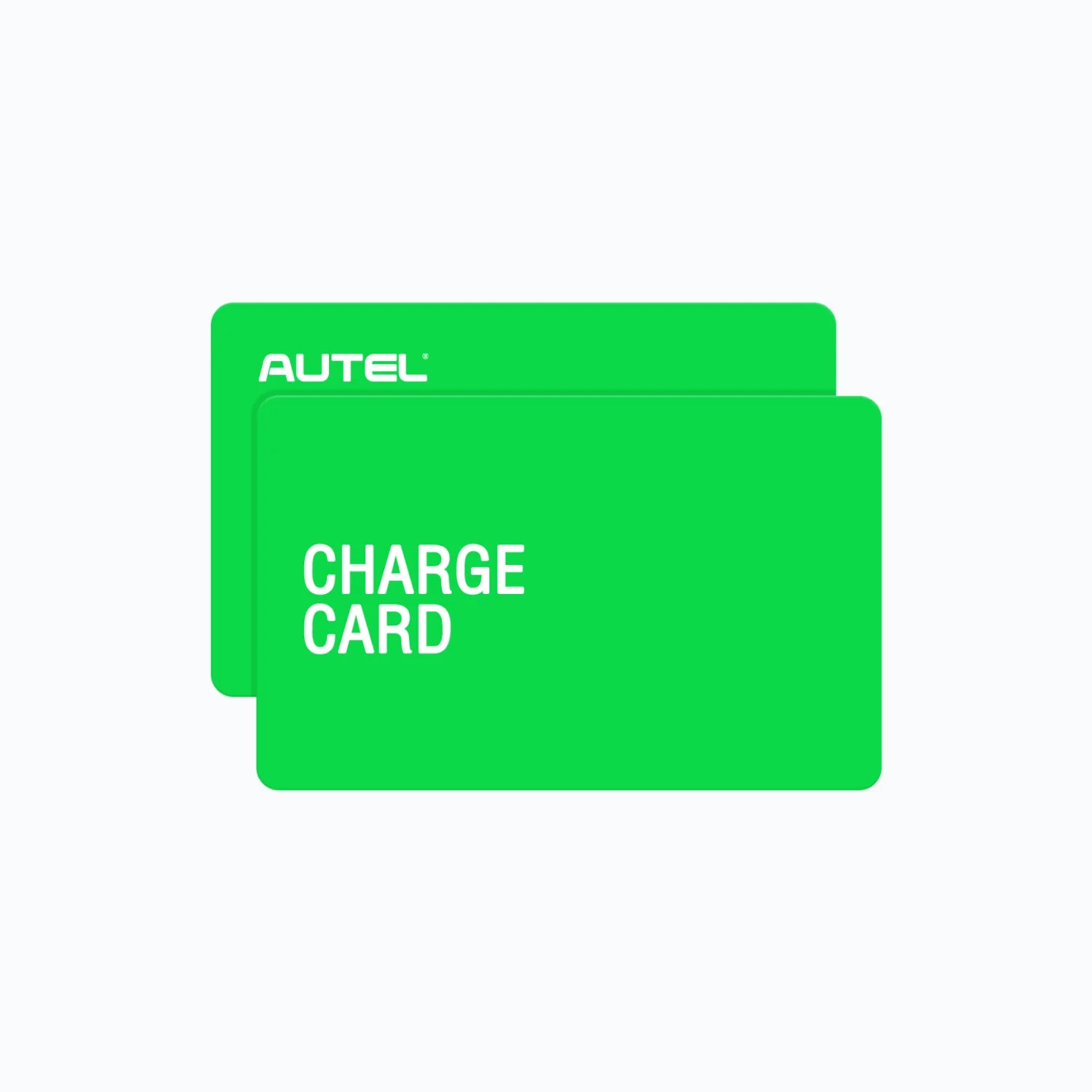
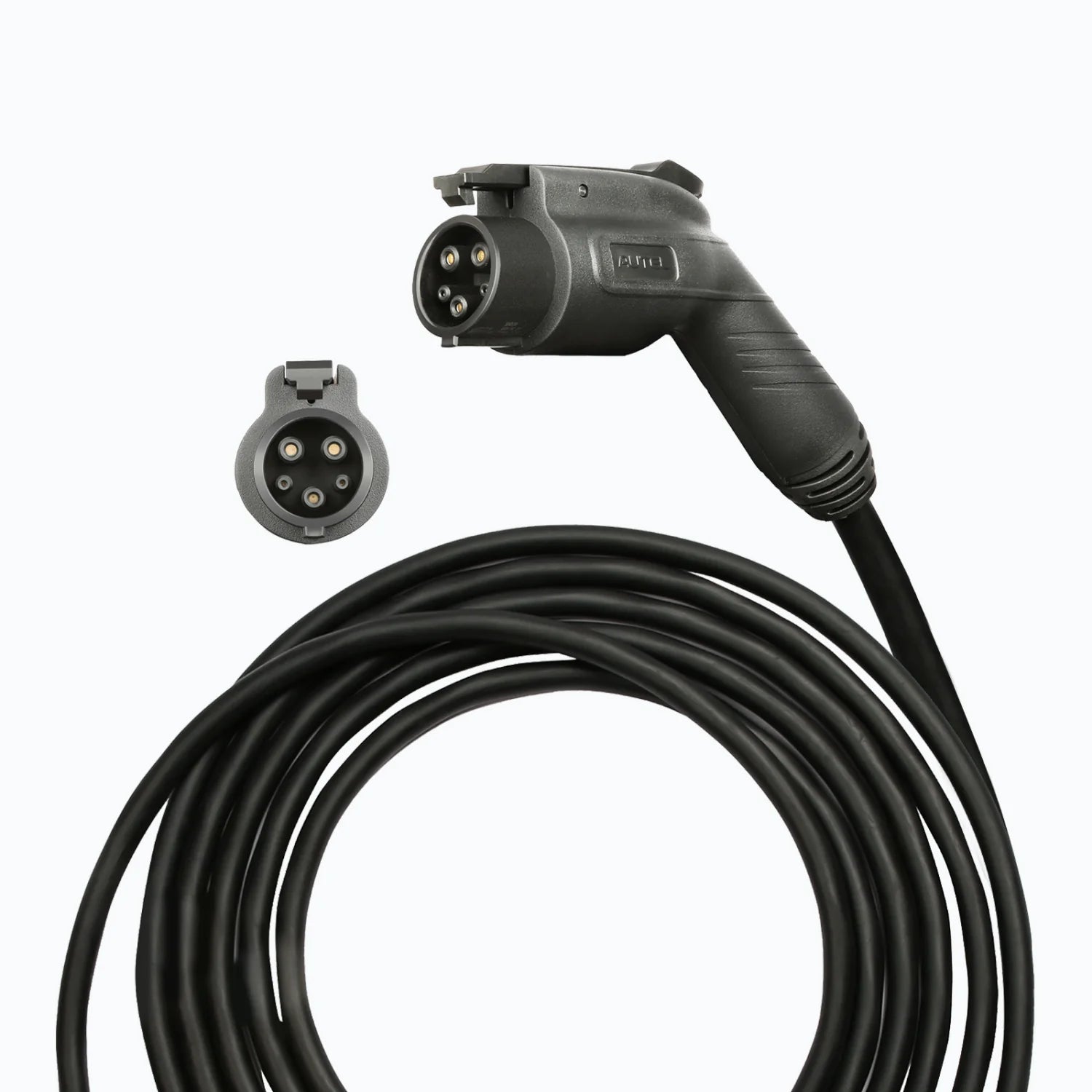



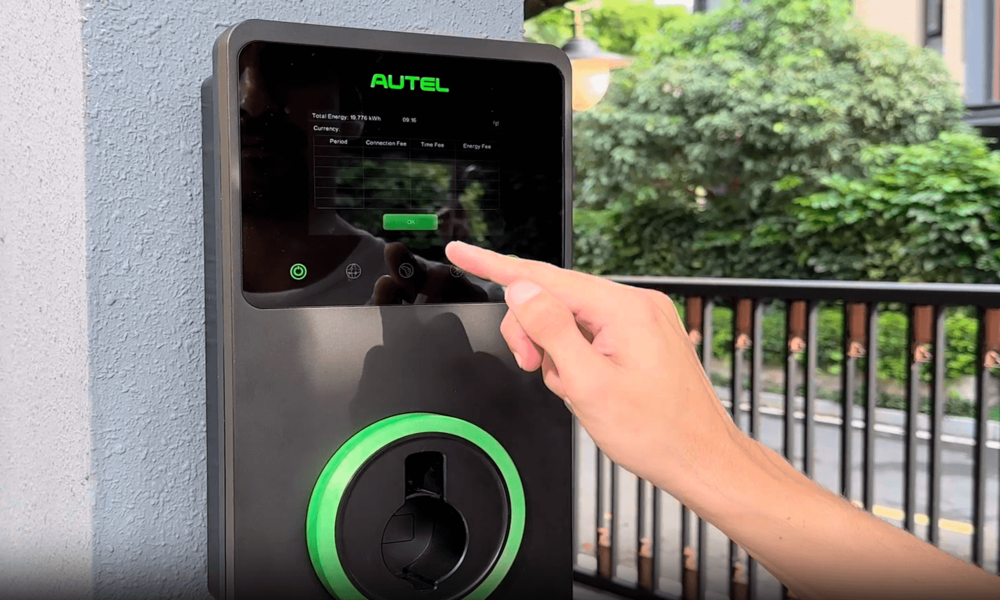
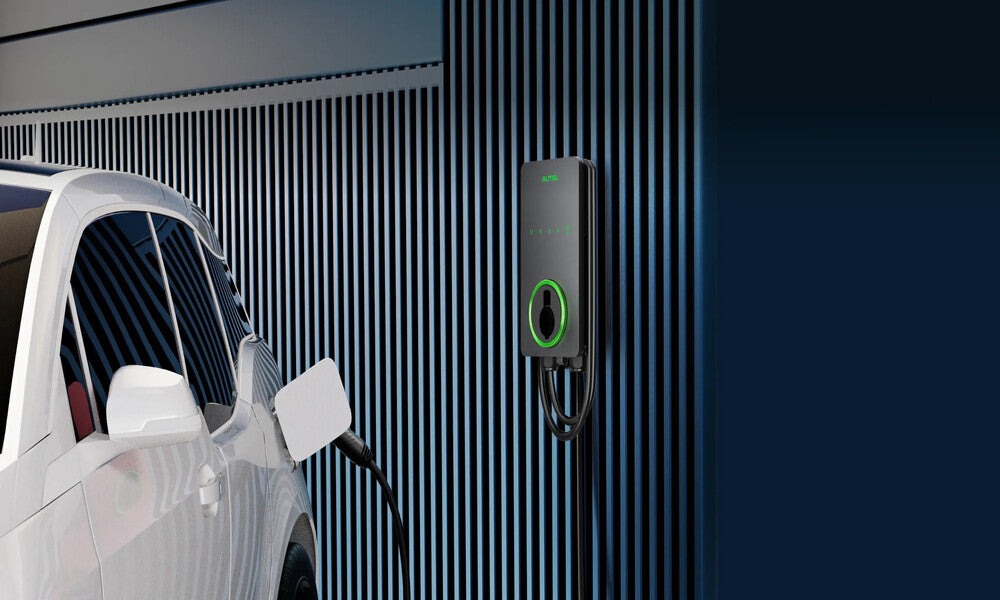
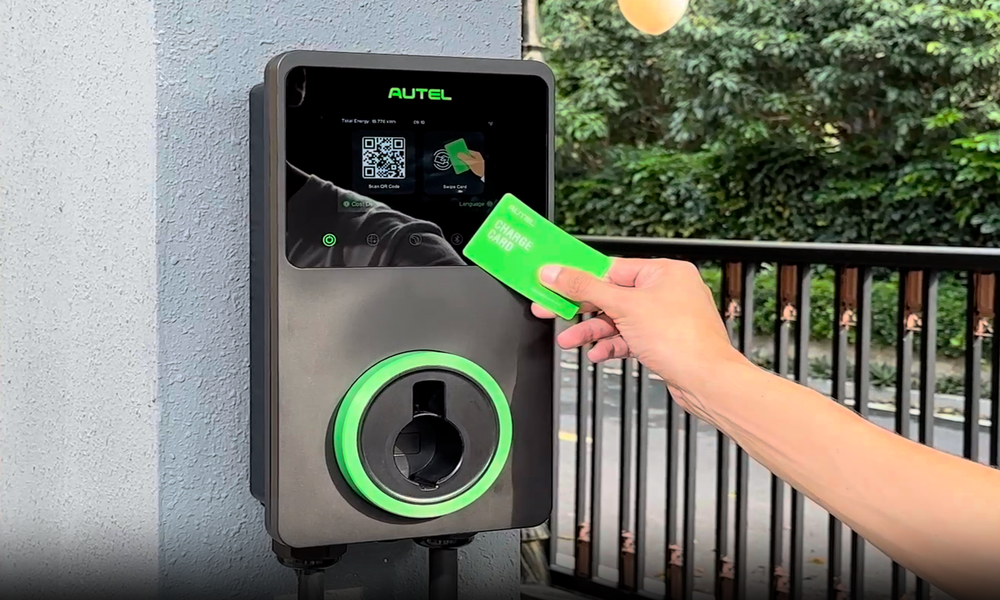
Leave a comment
All comments are moderated before being published.
This site is protected by hCaptcha and the hCaptcha Privacy Policy and Terms of Service apply.